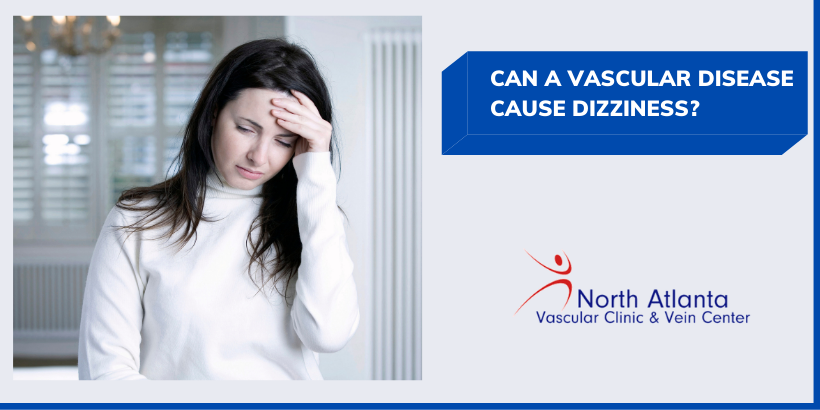



Dizziness can create unexplained lightheadedness, a woozy feeling, or unsteadiness. It can also affect your body’s sensory organs, specifically the eyes and ears, which at times can cause fainting. Although dizziness isn’t life-threatening, it can still be unnerving.
Several conditions can cause dizziness because the balance between the several body parts gets disrupted.
People with migraine headaches may experience episodes of vertigo or other types of dizziness.
A dramatic drop in your blood pressure may cause unexplained lightheadedness or faintness.
Anemia is a condition where your body has insufficient red blood cells to carry oxygen, causing symptoms like fatigue, weakness, pale skin, and dizziness.
Your breathing and heart rate increase during heavy exercises enabling more oxygenated blood can flow into your muscles. Dizziness occurs if your brain gets insufficient oxygen.
If you are active in hot weather without drinking enough fluids, you feel dizzy from dehydration due to excessive sweating, decreasing your body’s water levels.
Your body requires sugar, also referred to as glucose, for energy. Low sugar levels in your body can lead you to feel dizzy, exhausted, and shaky.
Strokes are caused if something disturbs the blood flow to a part of your brain, halting its supply of essential nutrients and oxygen. Strokes can cause headaches and dizziness.
Other causes of dizziness include irregular heartbeat, excessive exercise, narrowed arteries, head trauma, ruptured brain aneurysm, alcohol use, and anxiety.
Here are a few tips to prevent falls:
If your dizziness doesn’t go away or keeps coming back constantly, it’s important to contact a dizziness specialist, particularly if you are facing the following symptoms:
There are various ways to treat dizziness as the treatment focuses on the underlying cause. Below are a few ways to treat dizziness:
If you are feeling dizzy and have cardiovascular disease or stroke symptoms, contact a dizziness specialist near you or immediately visit a dizziness clinic before the situation aggravates.
At North Atlanta Vascular and Vein Center, we provide consultation and treatment for dizziness. Schedule an appointment today if you are suffering from dizziness.